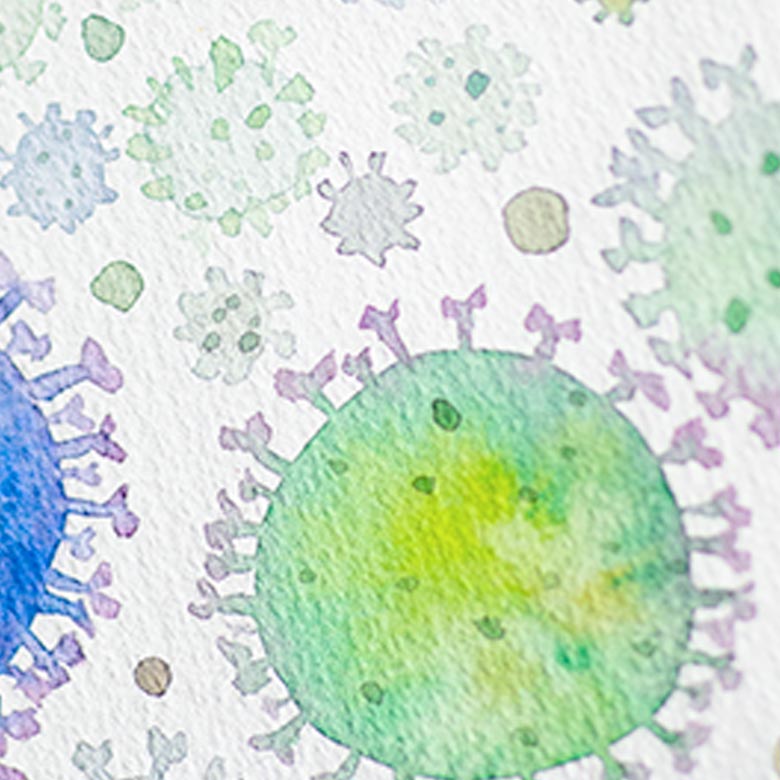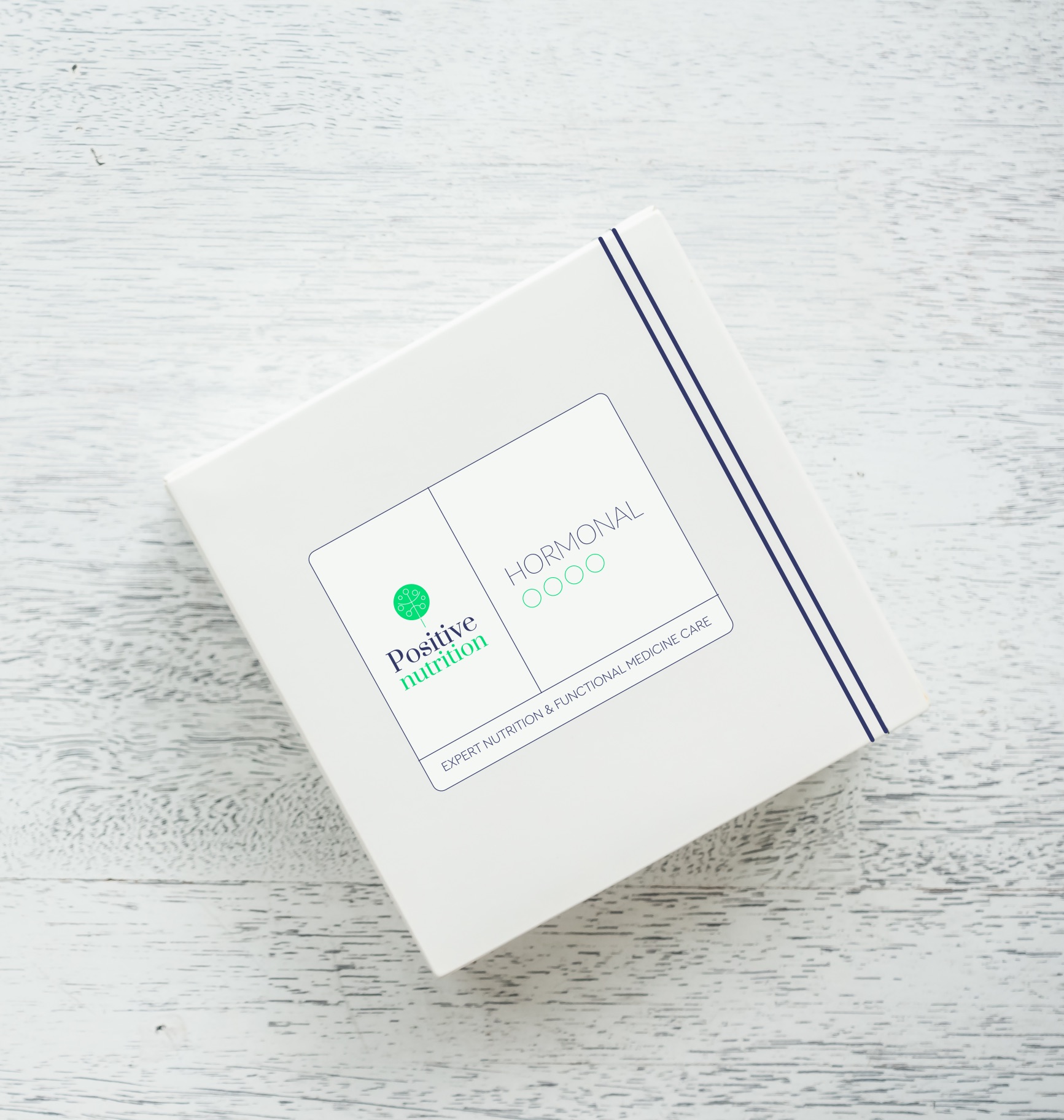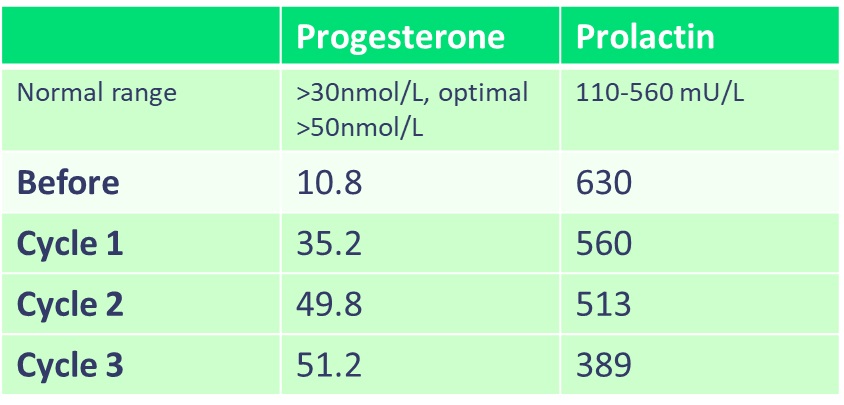Hormone Blood Test


Hormone Blood Test
€40.00
This test can include a number of different hormonal markers and could be used for monitoring purposes. These are basic blood tests, we would recommend the DUTCH Comprehensive Hormone Test for more in-depth analysis.
Who can benefit from this test?
Your nutritionist may recommend this test if you have:
- Hormonal imbalances, PMS or other hormonal conditions such as fibroids, endometriosis and PCOS
- Started trying to conceive or as basic testing for fertility

Learn More about our Hormone Blood Tests
Blood test (phlebotomy) or at-home (finger prick)
Hormones can fluctuate over the course of the menstrual cycle and should be measured on specific days. Most hormones e.g. LH, FSH and oestrogen (oestradiol) are typically measured around day 2 or 3 of the cycle. Progesterone peaks approximately 7 days before the start of the period and in some cases, it can be useful to also measure oestrogen at this point. Your Nutritionist can advise you on when to take your blood test.
Blood draws can be requested at a number of different locations across Ireland including Dublin, Galway, Cork, Waterford, Mullingar and Newbridge. Basic hormone tests can also be organised as a simple at-home finger prick test.
This test measures:
- Oestradiol
- Progesterone
- FSH
- LH
- Prolactin
- SHBG
- Testosterone
- Free Androgen Index
Olivia was trying to conceive and wanted to monitor her progesterone levels as a way to track ovulation. She had undergone additional testing and screening and was trying to optimise her cycle using a nutritional and herbal protocol. Initially her progesterone levels were very low, indicating that she was not ovulating. Her blood tests also showed high prolactin, which can be caused by hormonal imbalances and stress, and can inhibit ovulation. She had an MRI to rule out any more complex issues.
After 2 months on her protocol, she started to test her progesterone for 3 cycles in a row to see whether she was ovulating more regularly. Her progesterone improved indicating ovulation and she continued to try to conceive naturally during her fertile window. After 4 more months of trying, she and her partner successfully conceived.
Key findings:
- FSH, LH, oestrogen and other hormones were all normal
- Prolactin was high
- Progesterone was low, but increased over 3 cycles on her nutritional and herbal protocol, indicating ovulation
